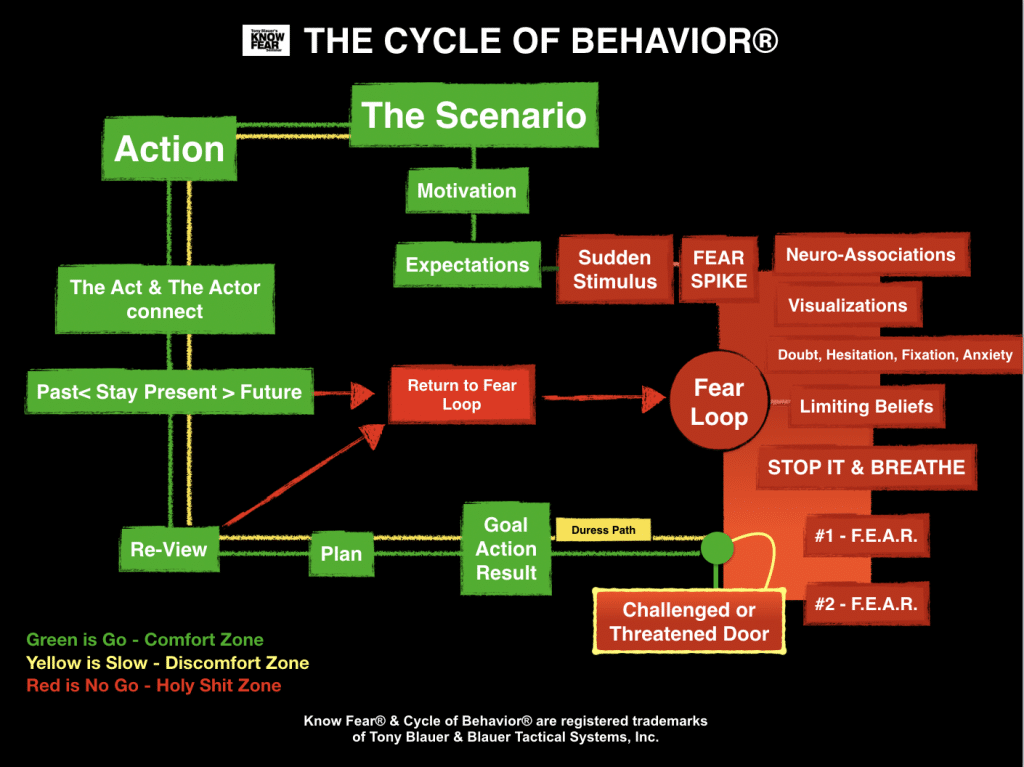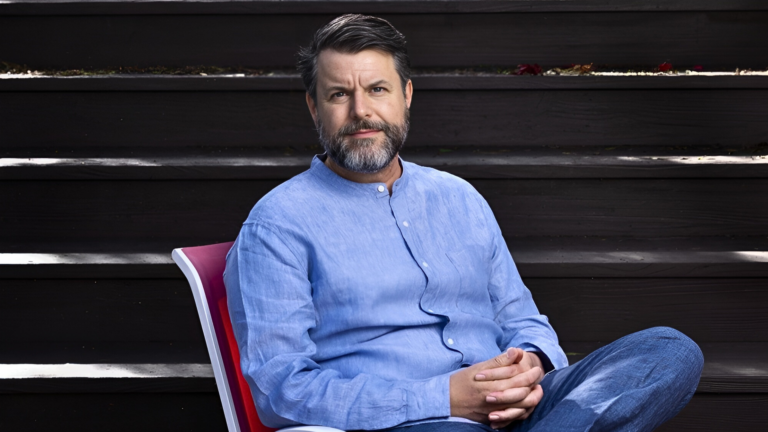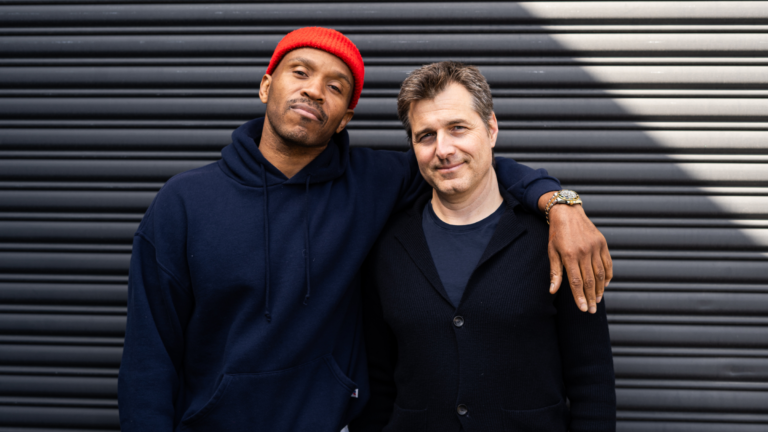This week’s conversation is with Coach Tony Blauer, who’s been in the martial art, self-defense, defensive tactics, and combatives industry for over four decades.
Tony founded Blauer Tactical Systems (BTS) in 1985 and it has grown into one of the world’s leading consulting companies specializing in the research and development of performance psychology, personal safety, and close quarter tactics & scenario-based training for law enforcement, military, and professional self-defense instructors.
His research on the neuroscience of fear and the startle-flinch lead to the development of the SPEAR System, a modern personal defense system based on physiology, physics, and psychology.
It has been used by defensive tactics and combative trainers all over the world for over 30 years.
After decades of interviewing victims of violent encounters and studying violence, he then created the KNOW FEAR program which focuses on managing fear through self-awareness, resiliency and a ‘movement’ mindset.
And so this conversation is about managing fear – but it extends far beyond self-defense.
Managing fear is both science and skill and it directly influences the outcome of every event.
In Tony’s words: “Fear, impacts everything we do, from who we talk to, to whom we marry, from where we work, to where we live, from how much weight we lift to, whether or not we defend ourself… the ability to recognize, and manage fear directly impacts the quality of our life.”
Tony doesn’t believe in the idea of “no fear”, but by better understanding our fears, we can change our relationship with it and use it as both a signal and a fuel.
“How do I define fear? It’s when I’m visualizing a future event that hasn’t even happened and it’s impacting how I think and feel in the present.”
In This Episode:
- How he defines fear
- Why he believes no one is fearless but having fear isn’t a bad thing
- The first step towards managing fear: being aware of it and identifying it
- The reason he became so interested in developing strategies to manager fear: Noticing those who trained in physical combat weren’t able to harness their technique in times of crisis and asking himself why
- How that realization led to refining his approach to teaching fear-based responses: tactical over technical
- His stimulus response model: motivation, expectation, visualization
- When it comes to fear, he advocates choosing the safest option; that is not the same thing as “playing it safe”
- The art of reframing to manage fear
- What happens when you get caught in a fear loop and how to get out of it
- How to coach someone through fear
- It all comes down to… authenticity
- How he thinks about mastery



